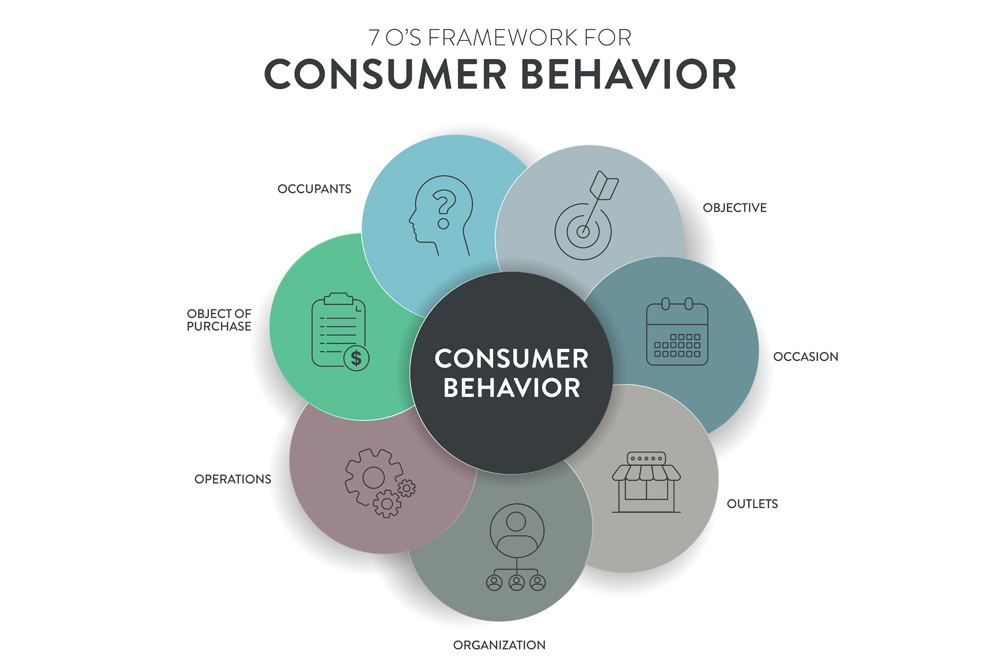How Does the Law of Least Effort Influence SEO and Why Do Search Engines Reward Simplicity?
Search engines like Google aim to deliver the best possible experience to users by providing relevant and accessible content. To achieve this, they reward websites that follow principles of simplicity and ease of use, aligning with the Law of Least Effort. This psychological concept, which suggests that people naturally gravitate toward tasks requiring minimal effort, has become a guiding force in search engine optimization (SEO). For marketers, understanding how the Law of Least Effort impacts SEO can be a game-changer, leading to improved search rankings, increased website traffic, and a more satisfied audience. What is the Law of Least Effort? The Law
How Does Cognitive Dissonance Arise in Social Media Marketing, and How Can Marketers Navigate It?
Social media has transformed the way brands interact with consumers, offering a powerful platform for building relationships and promoting products. However, with this increased interaction comes the challenge of managing cognitive dissonance—a psychological phenomenon that occurs when consumers experience conflicting thoughts or feelings about a brand. In social media marketing, cognitive dissonance can lead to negative perceptions and even prompt consumers to avoid or disengage with a brand. For marketers, understanding and navigating cognitive dissonance is essential for creating authentic, positive customer experiences. What is Cognitive Dissonance? Cognitive dissonance is a psychological state of discomfort that arises when a person holds two
How Does the Law of Least Effort Shape Consumer Behavior in a World of Information Overload?
In an era of constant connectivity and information overload, consumers are bombarded with choices at every turn. The Law of Least Effort, a principle grounded in psychology, explains that people naturally gravitate toward options that require the least amount of mental or physical exertion. This principle has significant implications for consumer behavior in today’s digital landscape. For marketers, understanding how the Law of Least Effort shapes consumer decisions is essential for creating engaging experiences that cut through the noise and resonate with audiences. What is the Law of Least Effort? The Law of Least Effort suggests that individuals prefer the path of
How Can Marketers Use the Law of Least Effort to Streamline the Customer Journey?
In today’s fast-paced world, customers crave simplicity. The Law of Least Effort, a principle rooted in behavioral psychology, suggests that people naturally gravitate toward paths that require the least amount of physical or mental energy. For marketers, this means that every interaction within the customer journey should be as streamlined as possible to encourage engagement and conversions. By reducing friction and minimizing effort, businesses can create a seamless experience that resonates with customers, leading to higher satisfaction and loyalty. What is the Law of Least Effort? The Law of Least Effort, also known as the Principle of Least Effort, states that people




